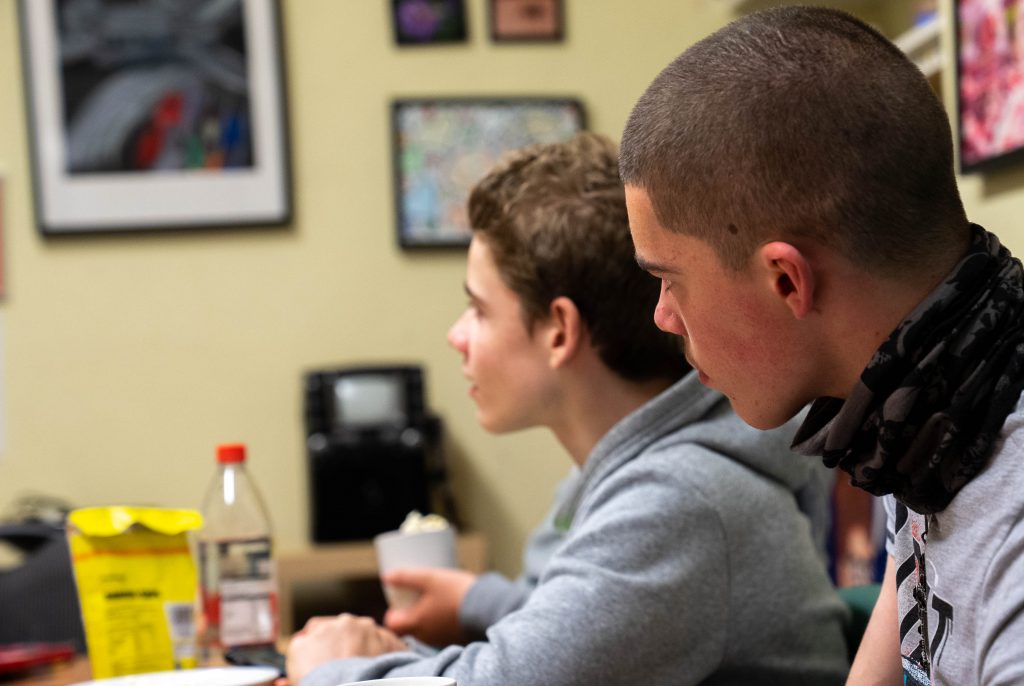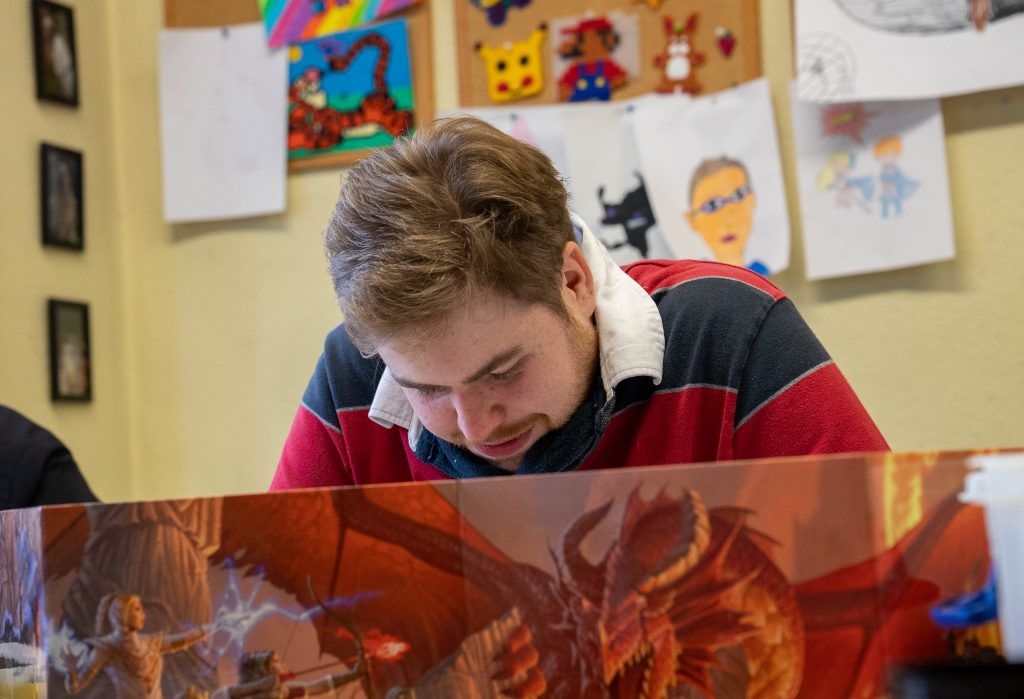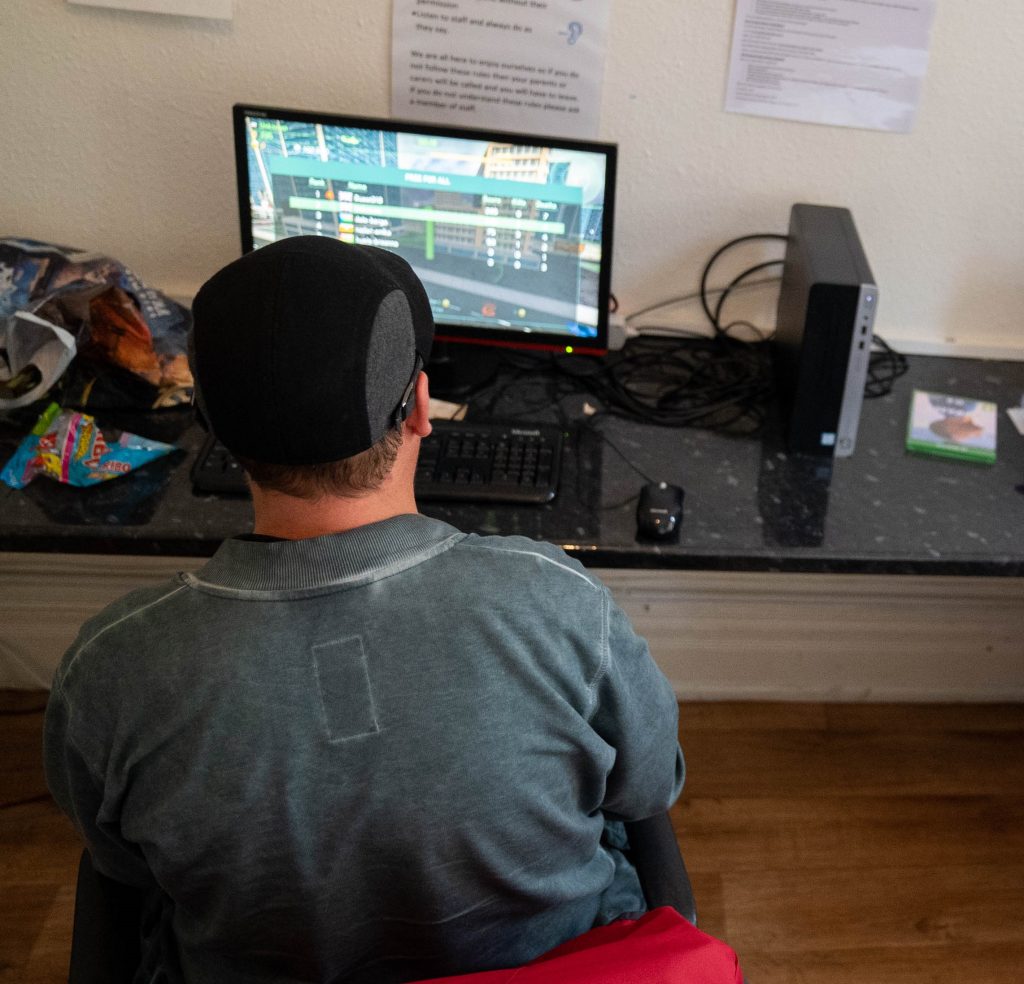
Greater Manchester based charity I AM has been helping people with autism in Salford cope throughout the pandemic.
The Covid-19 pandemic has proven difficult for some autistic people, having a large impact on established routine and bringing in new elements of uncertainty; however, the I AM charity has been attempting to alleviate these difficulties for those living with autism in Salford.
Helen Boden, I AM CEO, said “seeing those who we support struggle through Covid has been most emotionally challenging.
“The pandemic has led to increased social isolation and a detrimental impact on the mental health of individuals with ASC and those who support them.
“It will take us all a long time to build back from Covid but for those who were already struggling before Covid the task can now seem insurmountable.
“The work that we do at I AM is so crucial, now more than ever, and this is what motivates and drives us in our work.”
As individuals with autism spectrum condition (ASC) struggled to access support and to secure funding, the staff at I AM adjusted their procedures to accomodate these individuals.

I AM finance manager, Judith Sandground said the charity is “primarily about providing social interactions and the pandemic put a stop to that, which is why we started the zoom groups.
“We had comments from young people and parents saying although it wasn’t as good as being in a place with other people, it was definitely better than nothing at all.
“It helped us to keep going, keep people engaged and make them feel supported.”
Having successfully adapted their services to fit in with regulations, I AM have started running a number of services again for people with autism aged ten years and above.
The services include a Monday night youth club at the Beacon Centre on London Street along with one-to-one’s, drop-in sessions and group activities.
Judith told us that for some of the children they work with “it takes quite a lot of courage even to leave the house.
“It’s almost as if they’re having to start all over again, to learn how to be in a place and socialise with other people.
“Some have found it easier than others to get back to what passes for normality. Some are definitely still struggling and are quite wary.”
For some children with autism, lockdown came with positives along with the negatives.
“Some children struggle at school because they’re being bullied or haven’t got any friends. Schooling from home actually took them out of those challenging situations.
“They got used to being at home in a safe place and now they’re coming back out of their comfort zones. This doesn’t just go for children, it’s adults as well.”

It is common that people with autism like to have routine in their life. This meant the changes to regulations through the pandemic was difficult to cope with for many of the I AM community.
“During the pandemic we had calls from parents saying they just don’t know what to do with their children because they can’t keep up with the constant changes.”
Autism affects the life of 2.8 million people in the UK. Just like people without autism, every individual with autism is different and no case is exactly the same.
I AM’s social groups and youth clubs are run by people with qualifications and experience in helping people with autism.
“It provides a safe space for them where they can come and be themselves without worrying about being judged. It helps to reduce the isolation.”

The relationship between autism and mental health is often misunderstood with the focus being on the diagnosis of one to the exclusion of the other.
Research from MIND charity has identified that about 70% of people with autism have the risk of suffering with depression or extreme anxiety.
Anxiety can have a significant impact on daily living, making social interactions hard for people with autism due to the fear of rejection. This leads to isolation and affects the individual’s self-esteem.
Judith said that the lack of understanding in society exacerbates mental health issues which leads to “enormous pressure on people with autism and some of them sadly feel like suicide is a way out. We do get calls on our information line from people in that position.”
It is reported that 70% of people with autism do not get the help they need from social services.
“It’s not just that there’s a lack of social services support. Social services get blamed for a lot and sometimes they have a very difficult job to do.
“It’s more about society as a whole simply not understanding what autism is and how it affects people.
Like most local charities, one of I AM’s biggest problems is that they don’t have the funding.
“Salford Council is a notable exception in helping to fund services for children in Salford but in most cases we get no kind of government funding so it’s a question of trying to raise funds.
“Once we’ve decided what we want to do with the help of the people who use our services, then we need to find the money to pay for it.”














One Comment